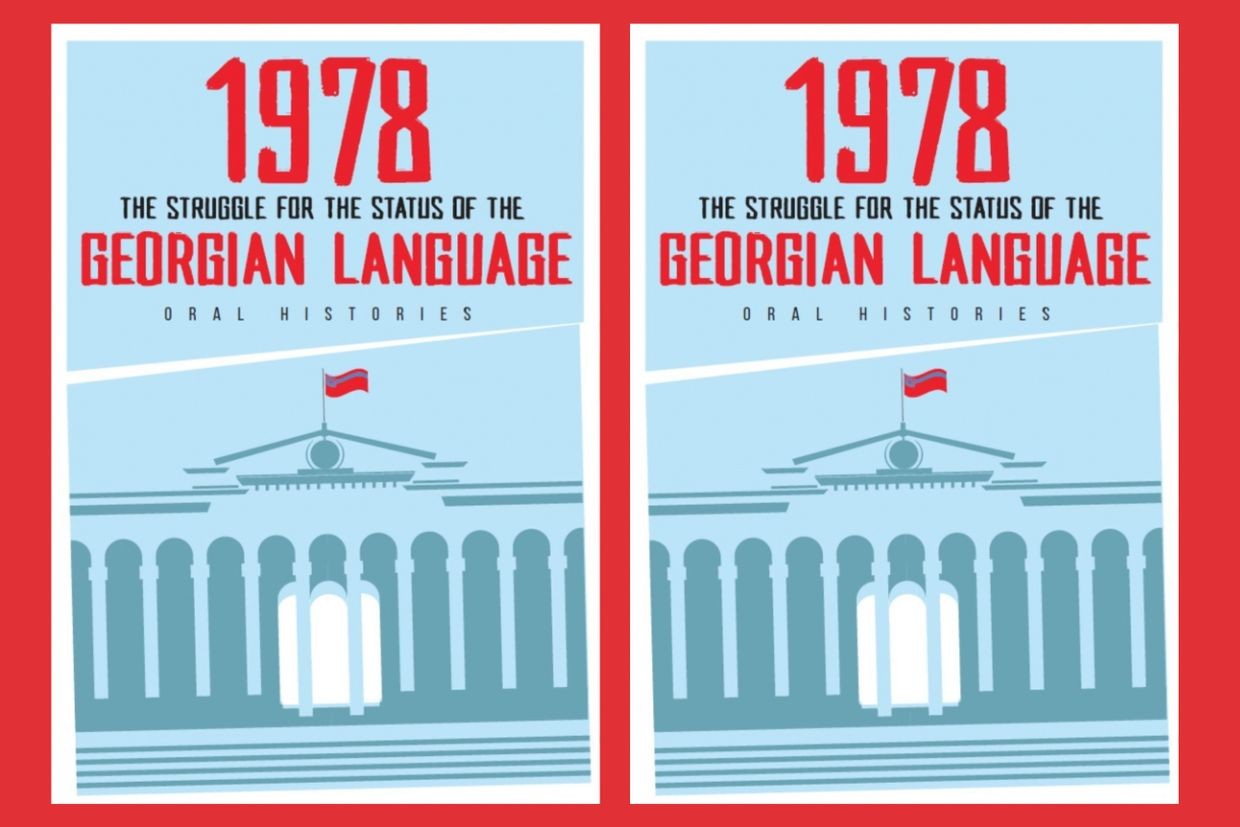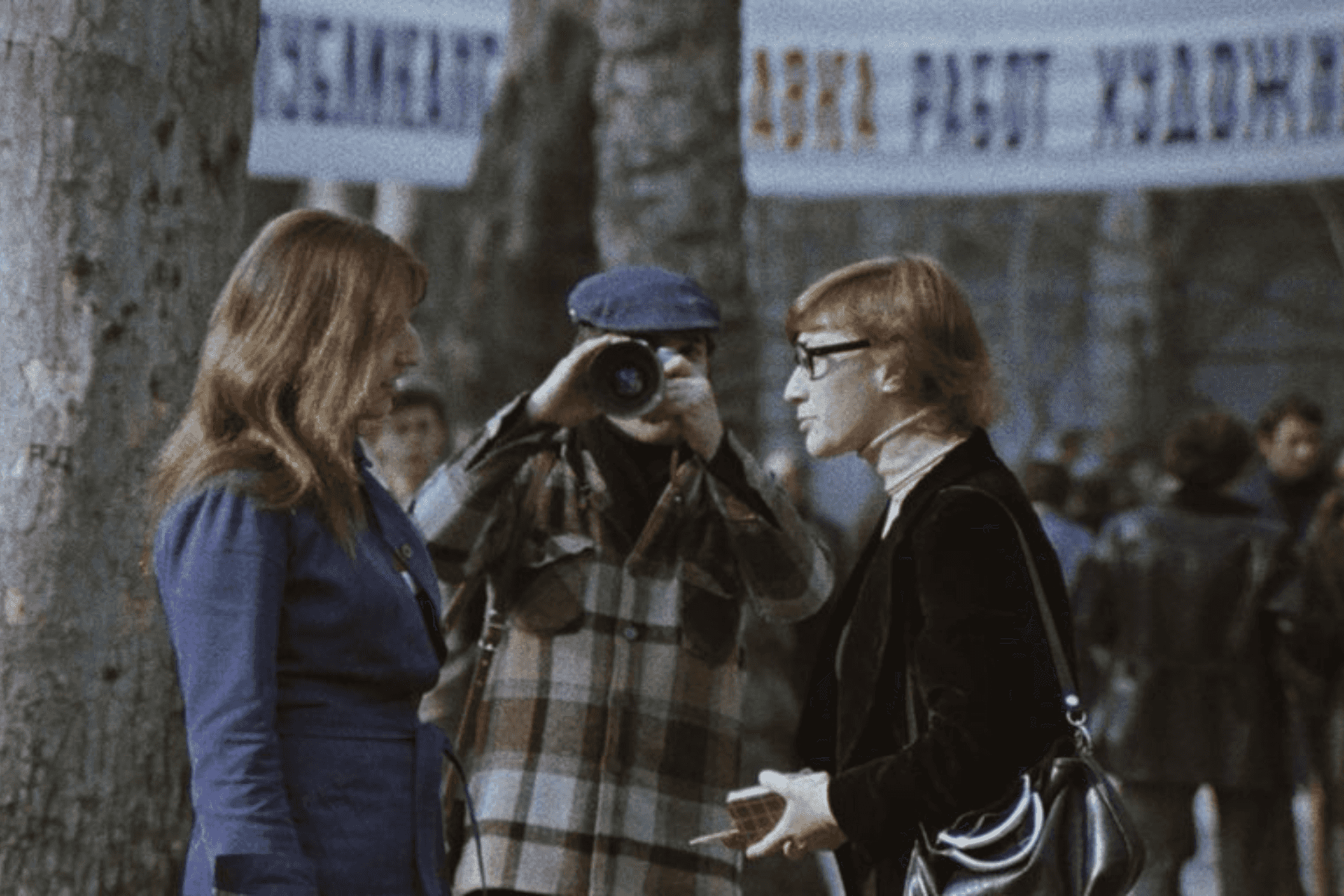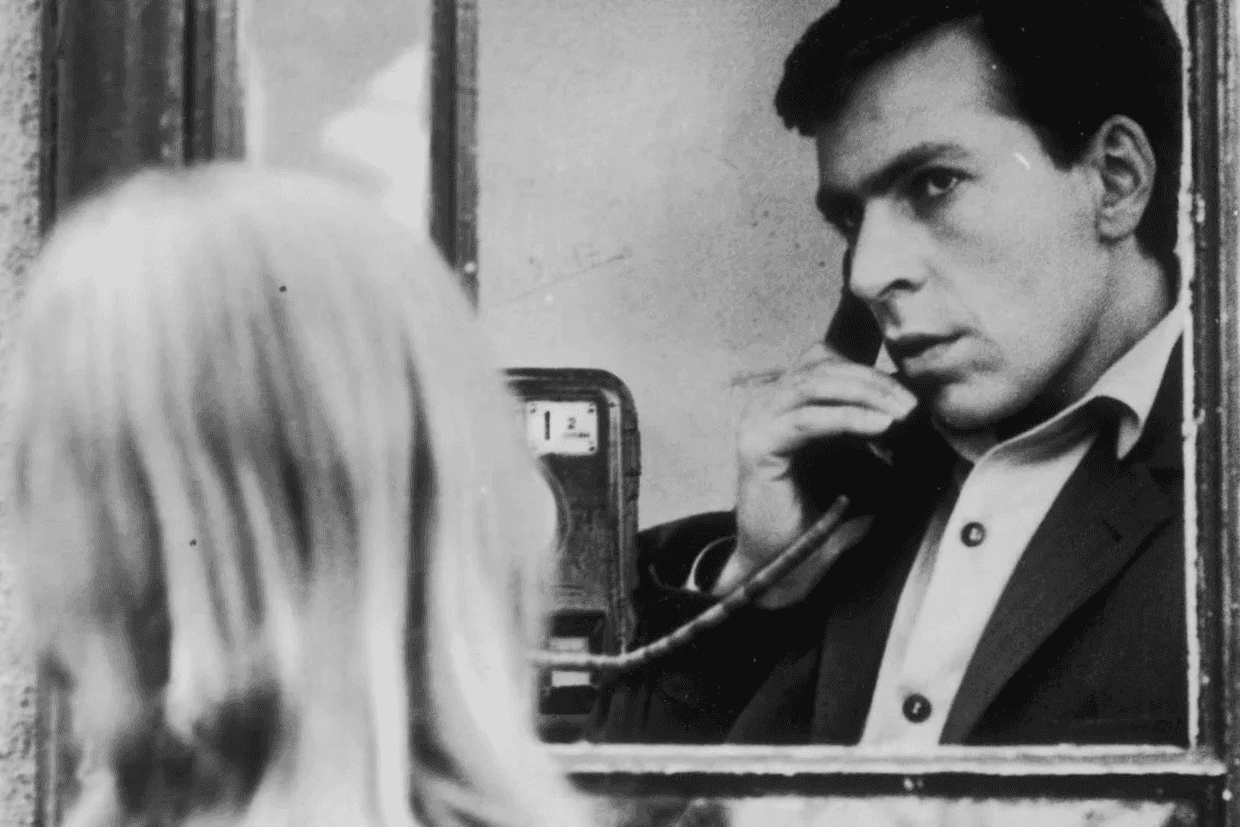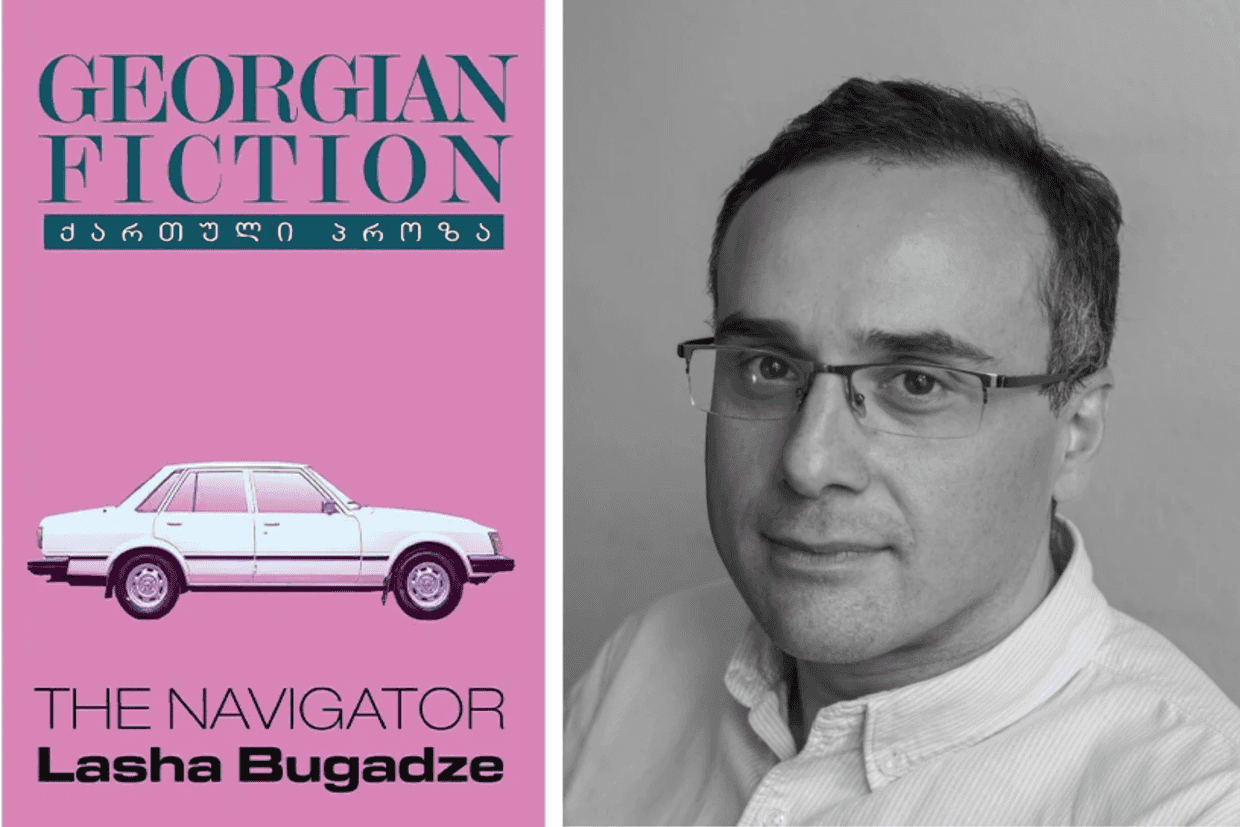Review | 1978 — The Struggle for the Status of the Georgian Language: Oral Histories
While an interesting collection of oral histories, this compilation struggles to do too much at once, becoming disjointed in the process.

★★★☆☆
While an interesting collection of oral histories, this compilation struggles to do too much at once, becoming disjointed in the process.
On 14 April 1978, mass protests erupted in Tbilisi in response to a Soviet proposal to consider a draft constitution in which Georgian would no longer be considered the sole state language. By the end of the day, Moscow had acquiesced to popular pressure, and the disputed clause was withdrawn.
In 1978 — The Struggle for the Status of the Georgian Language: Oral Histories, Ana Bakanidze compiles a number of oral histories related to the Tbilisi protests (as well as those from a month later in Batumi), allowing readers to hear from the participants themselves how they viewed events from on-the-ground. Also included in the book are a selection of protest letters that were sent to members of the Constitutional Commission of the Georgian SSR and a 2017 public lecture on how the events were covered in US media.
As the demonstrations were largely led by students, the recollections are largely made up of the same, in addition to the memories of professors at various universities who interacted with both the protesting students and the political elite as language advisors.
Through their stories, it becomes clear how important the Georgian language was, and still is, to the population at large.
‘Language is the foremost symbol of a nation. A nation may lose territory, but if it retains its language, it remains the same nation. If it loses its language, it will no longer be a nation’, Georgian linguist and professor Arnold Chikobava reportedly said at the time, as recalled by then-student Vazha Shengelia.
In a more intense summary of the issue, Georgian poet Erekle Saghliani recalls asking ‘What is my life if I wander around the world as a dead body as they curse my mother, desecrate my holy icon, and steal my language?’.
In an interesting editing choice, each oral history is presented very briefly — often only a page or so — and jumps between different individuals in an attempt to tell the story chronologically rather than hearing from each individual to the fullest extent. While this makes the text easy to follow thematically, it loses some of its possible depth, as it is easy to lose track of who told which stories without constantly flipping back and forth or annotating the text.
Another issue is the English editing — there are a number of spelling mistakes and grammatical errors, which additionally takes away from the reading experience.
What makes this compilation text relevant, however, is that though the events took place almost 50 years ago, many similarities can be made to the protests currently ongoing across Georgia against the ruling Georgian Dream government.
Like in 1978, students have been at the forefront of the most recent demonstrations, including holding strikes and sit-ins on-campus. In both cases, students reported having their right to protest curtailed by school officials — many of the oral histories collected by Bakanidze include tales of jumping out of school windows in order to attend the protests.
Interestingly, one explanation given in the book for why the protests worked was that a mass number of parents ended up attending the rallies due to their children’s actions, creating a momentum the Soviet Union was unable to quell.
The important role of the Georgian theatre in the demonstrations was also highlighted by a number of protest participants — a role similar to the one it has taken over the last months in the current protests.
Perhaps philologist Damana Melikishvili sums it all up the most succinctly: ‘It is true that by 14 April 1978, some 22 years had passed since the tragic events of 1956, and it seemed to be new, freer, and more “liberal” times. But 11 years later, the events of 9 April 1989, and even after that, the civil war of the 90s during the already “Free and Independent Georgia”, and the raids on the demonstrations at the beginning of the 21st century showed us that the totalitarian regime knows no time’.
Book details: 1978 — The Struggle for the status of the Georgian Language: Oral Histories compiled by Ana Bakanidze, Getting to Know Georgia series, Artanuji Publishing, 2023.
🗞️ Subscribe to OC Culture Dispatch
For our culturally curious readers: a free, biweekly selection of film, book, and music recommendations from the Caucasus. Our team offers a varied selection of hidden gems, cherished classics, and notable new releases from all over the region, included in our newsletter.









